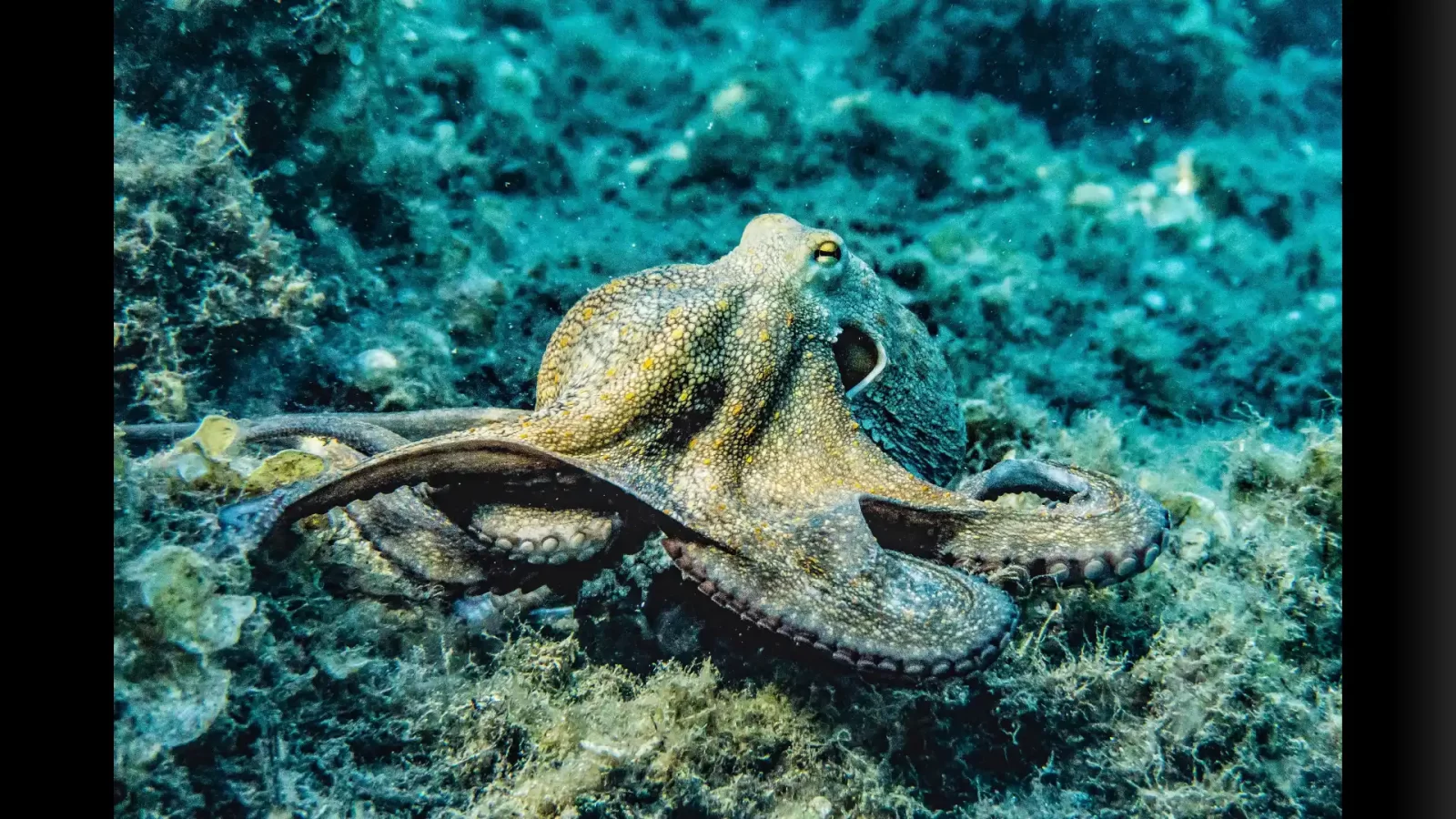Celebrating World Octopus Day: A Tribute to Nature’s Wonders
World Octopus Day – October 8, 2023
World Octopus Day, celebrated annually on October 8th, is a day dedicated to honoring one of the ocean’s most enigmatic and remarkable creatures – the octopus. Beyond their bulbous heads and eight suction-cup adorned arms, octopuses possess a wealth of fascinating features and a history that predates the era of dinosaurs. In this article, we will dive deep into the world of octopuses, exploring their incredible attributes and the significance of World Octopus Day.

The History of World Octopus Day
Origins of the Name
The term “octopus” finds its roots in the Greek word “októpus,” which translates to “eight-foot.” It’s a fitting name for these creatures, given their distinctive octal anatomy—eight arms, each often equipped with suction cups. But what truly sets them apart is the presence of clusters of neurons in their arms, enabling different arms to multitask independently. Some may consider these neuron clusters as secondary brains, which, in essence, gives octopuses nine brains, with one central brain controlling their nervous system and one in each arm.
The Three Hearts of Octopuses
Another intriguing aspect of octopuses is their circulatory system. Unlike humans, who have one heart, octopuses boast not one, but three! Two of these hearts serve the critical function of pumping blood to the gills for oxygenation, while the third heart circulates oxygenated blood throughout the rest of their bodies. This complex circulatory system contributes to their remarkable adaptability and agility.
The Astonishing Intelligence of Octopuses
Masters of Problem-Solving
Octopuses are renowned for their intelligence and problem-solving abilities. They have been observed performing an array of tasks, from opening jars to using tools. This adaptability and quick learning make octopuses formidable predators and survivors in the ever-changing oceanic environment.
The Art of Camouflage
Octopuses are not just brainy; they are masters of camouflage. Often referred to as the “chameleons of the sea,” they can change colors and patterns to blend seamlessly with their surroundings. This remarkable adaptation serves as both a defense mechanism against predators and a means of surprising their prey.
The Global Presence of Octopuses
A Worldwide Expedition
Octopuses are found in every ocean across the globe. Some inhabit the shallow coastal waters, while others brave the deepest abysses, thousands of meters below the surface. This global presence underscores their adaptability and ability to thrive in diverse environments.
Celebrating World Octopus Day
The Inauguration
World Octopus Day was officially inaugurated in 2006 by “The Octopus News Magazine Online” to celebrate the uniqueness of these incredible creatures. Since then, it has been an annual event that draws marine enthusiasts, scientists, and conservationists together. This day serves as a reminder of the need to understand and preserve the delicate ecosystems of our oceans.
Conclusion
In conclusion, World Octopus Day is not just a day to acknowledge a fascinating creature; it’s a celebration of the rich biodiversity that inhabits our oceans. Octopuses, with their intelligence, adaptability, and unique features, are emblematic of the wonders of the sea. As we commemorate this day, let’s also reflect on the importance of protecting and conserving the fragile ecosystems that support these incredible creatures.
FAQs
1. Why is World Octopus Day celebrated? World Octopus Day is celebrated to honor and appreciate the intelligence, adaptability, and uniqueness of octopuses, while also raising awareness about marine conservation.
2. How many hearts do octopuses have? Octopuses have three hearts, two for pumping blood to the gills and one for circulating oxygenated blood throughout their bodies.
3. Are octopuses really as intelligent as portrayed? Yes, octopuses are highly intelligent creatures with impressive problem-solving abilities and adaptability.
4. How do octopuses change color for camouflage? Octopuses change color by manipulating specialized cells called chromatophores in their skin, allowing them to blend in with their surroundings.
5. What can we do to protect octopuses and their habitats? To protect octopuses and their habitats, it is essential to support marine conservation efforts, reduce pollution, and promote sustainable fishing practices.

















